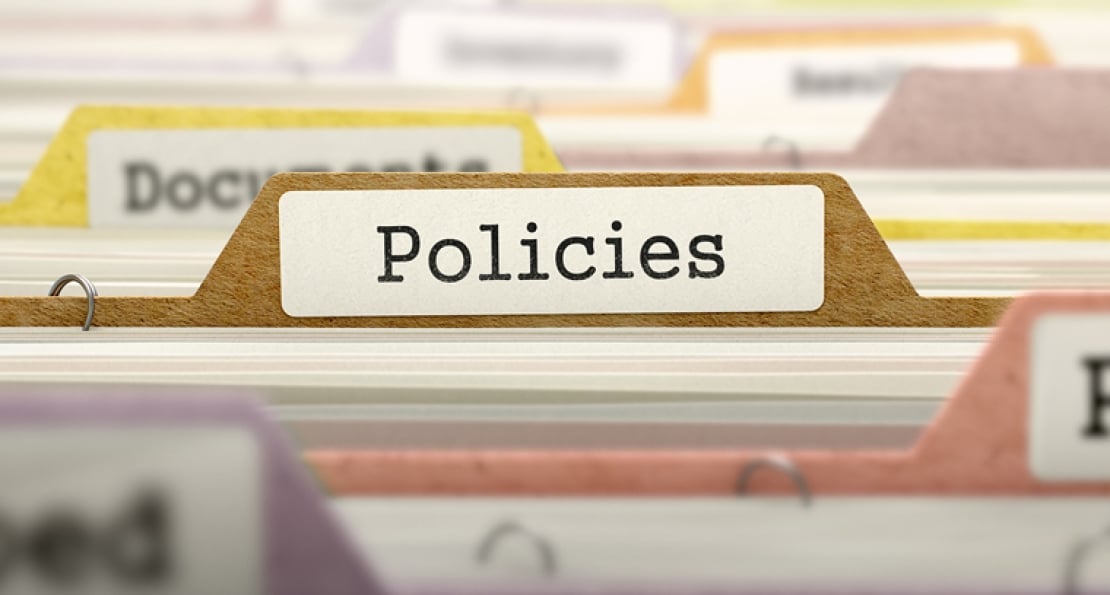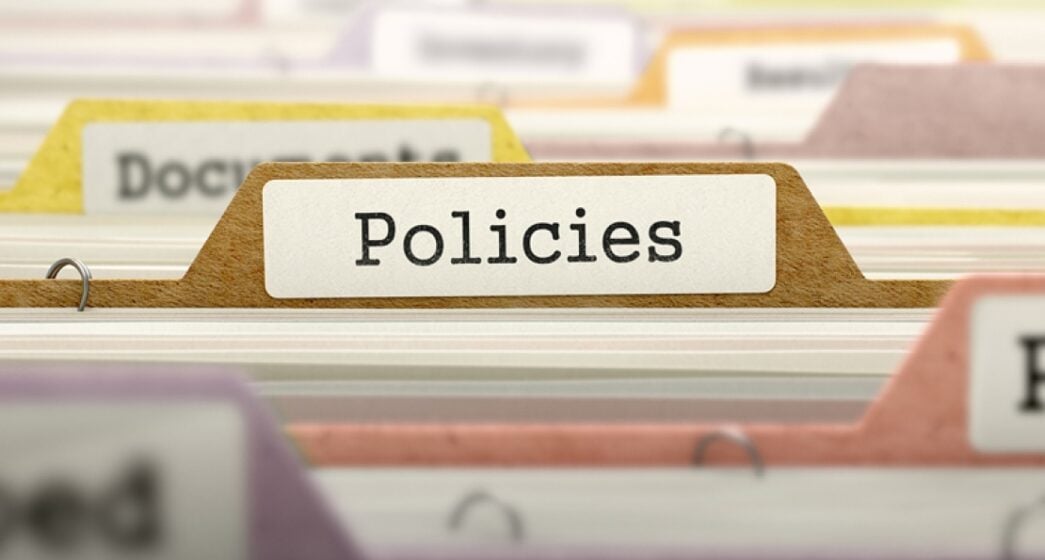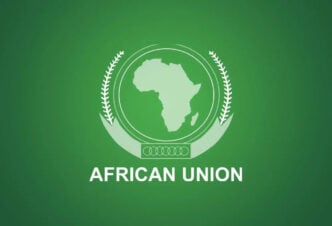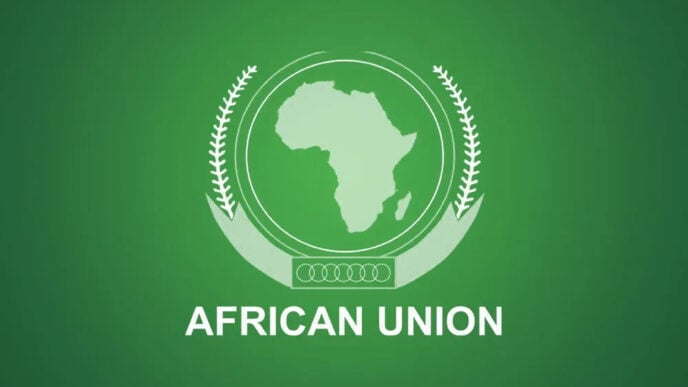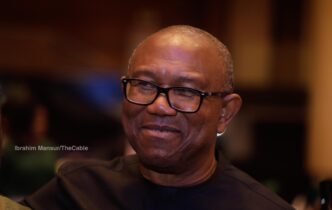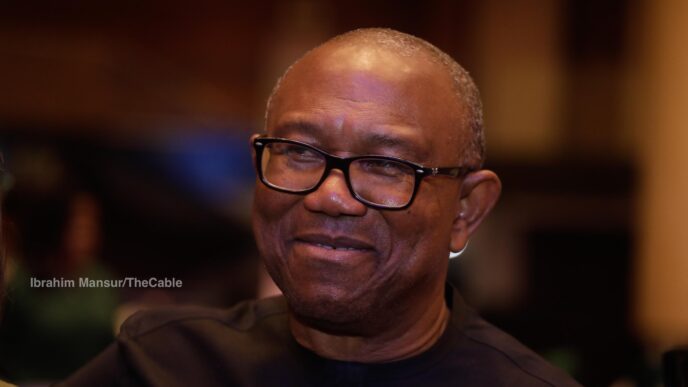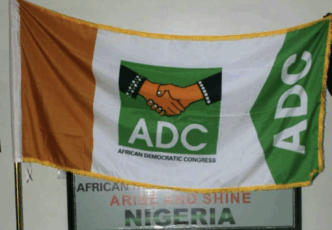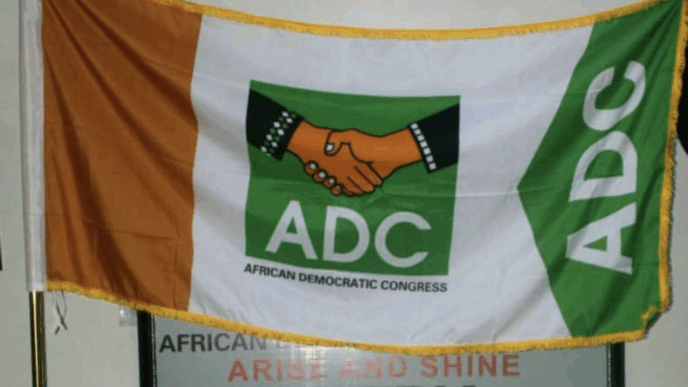I recently had to guide an institution looking to understand Nigeria’s policy on higher education degrees earned through remote learning from foreign universities. At first, I gave a response based on common anecdotal examples I had seen around. So, I wasn’t prepared for the complicated journey I would face when I decided to dig deeper in seeking an official documentation to support my claim.
It turned into a tug of war. I scoured the internet with all sorts of search queries and even enlisted the help of AI, but nothing I found gave me credible or conclusive evidence. The news articles I came across were either outdated, hosted on sites I couldn’t confidently quote on a matter this sensitive, or referenced major news articles that were now removed. It was a frustrating loop of dead ends.
So I turned to the next best thing I know: the public. I threw the question out on my WhatsApp status, hoping someone in my wide social network would have a definite answer. I was stunned by how different the responses were. Everyone seemed to have somewhat different perspectives.
One thing became painfully clear: whatever the policy actually is, the people it’s supposed to guide are either unaware of it or completely confused by it.
Advertisement
Eventually, I got contacts of people working in what one would imagine were appropriate governmental institutions responsible for the policies. I thought this was a breakthrough. Surely, they should be able to not only give me a straightforward answer but also point me to a public document I could share with the institution.
Sadly, I was wrong.
It wasn’t that they had no idea, rather it was that their answers varied to some extent. More importantly, not one of them could direct me to a publicly available source. Some preferred not to be quoted at all, while others kept referring me to yet another person within the system.
Advertisement
It’s baffling that such a crucial issue lacks a clear, direct, and publicly accessible statement/document from the relevant authorities. One of the answers I got even suggested I write a formal letter of inquiry to the Ministry of Education. This is particularly concerning given the rapid rise of digital education among young Nigerians.
Individuals considering foreign degrees—especially through remote learning, which is often the more affordable option—should not have to rely on informal networks or personal contacts within the relevant systems to determine the validity of their educational choices in Nigeria. This shouldn’t be difficult at all. It simply requires a well-organized collation of relevant policies, clearly displayed on appropriate official websites. That’s it. This is not rocket science.
Public policies are meant to serve the public. Policy-making that excludes public consultation, lacks transparency, or leaves people unaware ultimately fails its fundamental purpose. Policies exist to improve the lives of those they govern, which means the input, awareness, and lived experiences of the people must be central to the process.
When public policies are not only lacking in forward-thinking design, but also cloaked in unnecessary mystery and bureaucratic complexities, they can end up harming the very people they’re meant to protect.
Advertisement
Policies affect lives. It’s time we stopped sidelining the public and started putting their needs, voices, and understanding at the center of policy-making where they’ve always belonged.
Oluwatoyin is a STEM Education Doctoral Researcher. She writes from Nigeria and the United States. She can be reached at [email protected] or on LinkedIn here.
Views expressed by contributors are strictly personal and not of TheCable.

